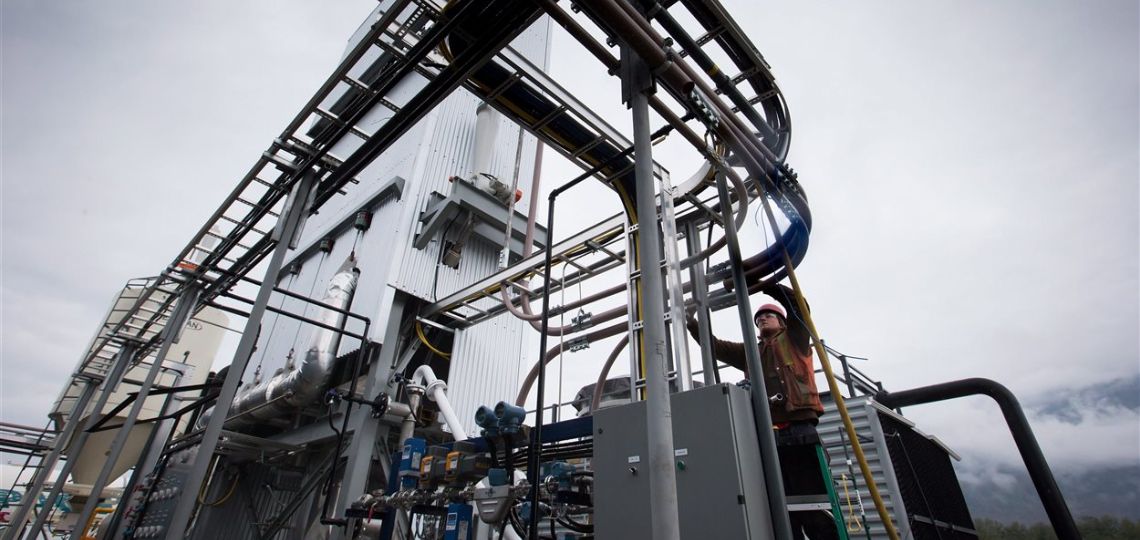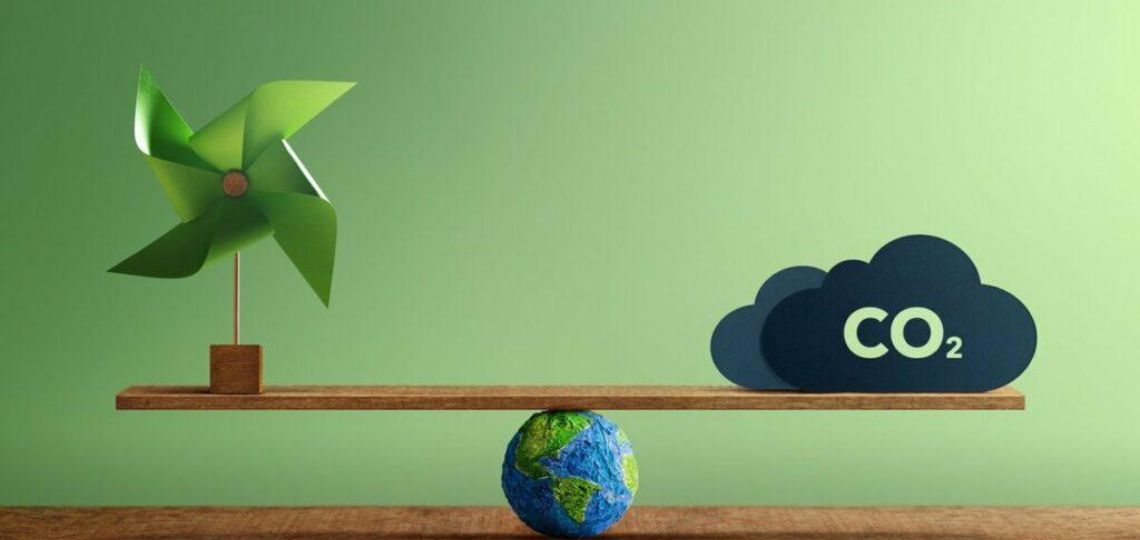Carbon neutrality in 2050 implies colossal carbon emission reduction targets to comply with the Paris Agreement. In its latest scenario, Net Zero by 2050, A Roadmap for the Global Energy Sector, the IEA describes the way forward for such an ecological transition. The practical question is: how can we achieve carbon neutrality?
The need for Carbon Neutrality in 2050
By unveiling its scenario for carbon neutrality in 2050, theInternational Energy Agency (IEA) has caused a veritable earthquake in the energy world. The agency is widely perceived as the world’s leading authority on energy forecasting. In many respects, the scenario is intended to be as realistic as possible, given the uncertainties surrounding the energy transition.
On the one hand, the IEA takes into account the specific circumstances of each country’s energy mix. This means that the scenario incorporates the fundamental divergences that exist in terms of national low-carbon strategy. Added to this is the requirement for universal access to energy by 2030, in line with the UN’s sustainable development goals. Finally, the scenario limits the expansion of carbon capture and storage technologies (CCUS) to and the use of carbon sinks as emission reduction strategies.

A call for greater ambition
With this degree of realism, the IEA wishes to call on governments to be more ambitious. Of course, the goal of carbon neutrality has been adopted in Europe and the United States by 2050, and in China by 2060. Nevertheless, greenhouse gas emissions continue to rise, exacerbating the devastating effects of global warming.
The IEA estimates that, despite announcements of carbon-neutral economies, temperatures will rise by 2.1°C by the end of the century. In other words, carbon neutrality in the United States, Europe and China will not be enough to comply with theParis Agreement. Other emerging countries such as India and Indonesia will also have to contribute to the effort against climate change.
Renewable energies dominate the energy mix
Achieving carbon neutrality by 2050 will require a gigantic effort to expand the use of renewable energies in the energy mix. According to the IEA, investment will need to reach nearly $5,000 billion a year, or 6% of global GDP. By 2040, electricity will have to be decarbonized, with a 4-fold increase in installed solar and wind power capacity worldwide.
100% electric vehicles by 2035
In terms of transport, electric vehicles should account for 100% of sales by 2035. This has led to a strong push for innovation in batteries, improving the long-term performance of electric mobility. At industrial level, decarbonization can only be achieved with technologies that are not yet mature, such as CCUS andhydrogen. The IEA is therefore calling for greater public support for these technologies, which are essential for reducing CO2 emissions.
Stop investing in fossil fuels as of 2022
This surge in renewable energies must be accompanied by a gradual shift away from fossil fuels in the energy mix. As a result, energies with a high carbon footprint should now account for only 1/5th of energy consumption, compared with 4/5th today. For the IEA, this is a Copernican revolution, having long defended fossil fuels in the past.
By 2050, this means a 90% reduction in coal consumption and a 75% reduction in oil consumption. Even gas, the fossil fuel with the most favorable carbon footprint, has seen its consumption fall by 55%. To achieve carbon neutrality, the IEA believes it is necessary to stop investing in fossil fuels today.
A new geopolitics of energy
Carbon neutrality in 2050 could thus revolutionize the world’s energy landscape towards a low-carbon energy mix. Beyond the simple question of energy, this transformation could have major geopolitical effects. Indeed, the energy transition is not without creating new areas of conflict between countries.
This will raise the question of supplies of critical materials, with the risk of conflict over these resources. Remember that 60% of the cobalt used to make batteries, for example, is extracted in the DRC. Another area of conflict concerns countries whose political and social stability depends on hydrocarbon exports. A transformation of their development model is therefore essential to ensure long-term stability.

The need for international cooperation
With this in mind, the IEA believes that a cooperative approach is essential to facilitate the energy transition in developing countries. North/South technology transfers should be encouraged to make low-carbon technologies competitive in these countries. There is also the question of financing, given the very high cost of capital in developing countries. In particular, rich countries will have to keep their promise of 100 billion in annual investments under the Green Fund.
For the time being, however, these two aspects of international cooperation are seriously hampered by national policies. As a result, technology transfers are underdeveloped, due to fears about emerging countries’ technological catch-up. For the Green Fund, its financial envelope barely reaches 10% of the planned amounts.
14 million jobs by 2030
Yet a more cooperative approach could generate huge economic benefits while protecting the planet from climate change. According to the IEA, nearly 14 million jobs worldwide could be created by 2030 in a carbon-neutral scenario. Including the 5 million jobs lost in fossil fuels, this creates a net gain of 9 million jobs. In fact, the IEA reminds us that carbon neutrality by 2050 could represent a formidable lever for long-term growth.






















